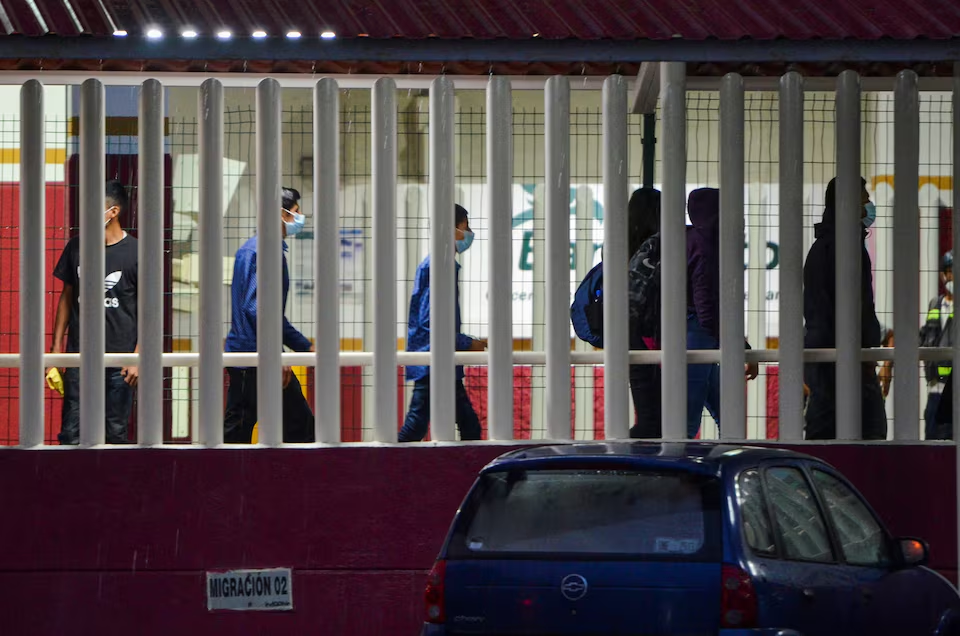Attorneys for a Guatemalan man who was deported under the Trump administration’s strict immigration policies are petitioning a federal court to compel the U.S. government to return him to the United States, arguing his removal violated due process and was politically motivated.
The legal motion, filed Monday in the U.S. District Court for the District of Columbia, is one of the first high-profile cases challenging deportations carried out under President Donald Trump’s renewed push for mass immigration enforcement since returning to office in 2024.
The man, identified in court documents as Carlos E. R., was deported in late 2024 after being detained for nearly a year despite having a pending asylum appeal and U.S.-born children. His lawyers contend that federal agents ignored legal protections and procedural safeguards in an effort to quickly remove him in line with Trump’s crackdown on undocumented immigrants.
“This case is about the unlawful removal of a father who was denied his day in court,” said lead attorney Alicia Moreno. “We are asking the court to order the U.S. government to facilitate his return so that he can pursue the legal remedies he was entitled to.”
According to the petition, Carlos had no criminal record and had lived in the U.S. for over a decade before his arrest. His family, including three minor children, remain in the United States. The suit alleges that immigration authorities deliberately rushed his deportation just days before a scheduled asylum hearing.
The Department of Homeland Security (DHS) has yet to respond to the lawsuit, but administration officials have previously defended accelerated deportations as part of a broader strategy to enforce immigration laws more aggressively and deter illegal crossings. President Trump has vowed to restore “law and order” to immigration and has reauthorized several hardline policies, including expanded use of expedited removal.
Legal experts say the case could set a significant precedent if the court rules in favor of forcing the government to reverse a deportation—something rarely ordered by U.S. judges.
“It’s extremely unusual to compel the U.S. to bring someone back,” said Stephen Yale-Loehr, an immigration law professor at Cornell University. “But if the petitioner can prove their legal rights were violated, the court has the authority to issue such a remedy.”
Advocacy groups have rallied behind the case, citing it as evidence of systemic injustices under the Trump administration’s immigration regime. The American Civil Liberties Union (ACLU) and other organizations have pledged support, noting that hundreds of similar cases may soon come to light.
“This is the human cost of rushed deportation policies that ignore basic due process,” said Maria Jimenez of the National Immigration Justice Center. “Carlos is just one of many.”
The lawsuit also highlights the growing legal resistance to Trump’s immigration agenda, which includes pledges to build mass detention centers, reintroduce travel bans, and deputize state police to enforce immigration law.
For Carlos’s family, the stakes are deeply personal. His wife, who is a legal resident, says their children are traumatized by his removal and are struggling to cope.
“We just want our family to be together again,” she said in a statement. “He’s a good father and husband. He deserves a fair chance.”
The court is expected to hear preliminary arguments in the coming weeks. If the judge rules in favor of the petitioners, it could open the door for other deportees to seek similar relief—a legal development that would pose a significant challenge to the Trump administration’s immigration policies.
Source: Reuters


